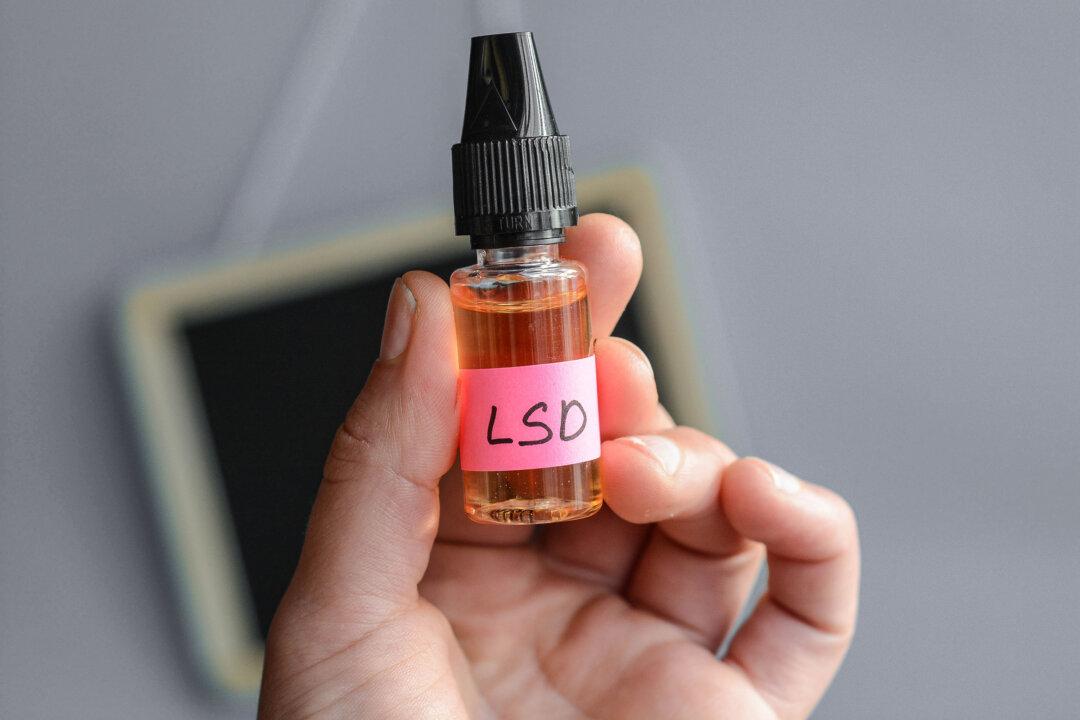One of the members of the U.S. Food and Drug Administration’s (FDA) vaccine advisory panel explained why he voted against adding an Omicron component to fall COVID-19 booster shots raising serious questions over a lack of critical data and the Biden administration’s role in politicizing the process.
In a July 6 interview with ZDoggMD, Dr. Paul Offit, director of the Vaccine Education Center and professor of pediatrics in the Division of Infectious Diseases at Children’s Hospital of Philadelphia, described the Vaccines and Related Biological Products Advisory Committee’s (VRBPAC) recent meeting as “unusual.”






